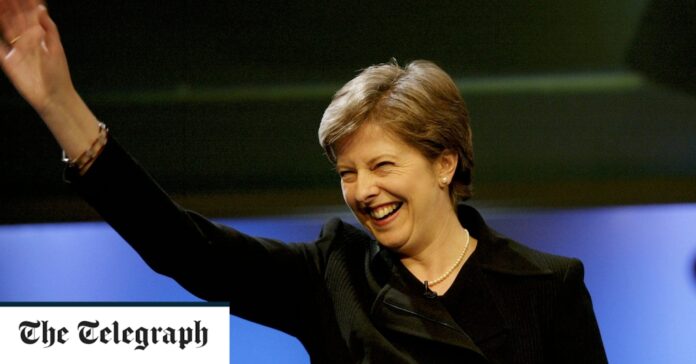Leaving tax thresholds unchanged may seem like an easy win for the Treasury, but it will be massively counterproductive
Remember the “magic money tree”? Back in 2017, the Tories used the phrase to dismiss as pure fantasy Labour’s plans for boosting welfare spending without raising taxes. All fiscal decisions have consequences, they rightly argued. During lockdown, however, some imagined that the tree had actually been found, as central banks were accused of printing cash to enable governments to borrow with abandon. Today’s surging inflation is proof that they were wrong.
But now Rishi Sunak and Jeremy Hunt seem to believe they have found a magic money tree of their own. Their approach appears to have it all. It allows them to claim to be sticking to their manifesto promises by not increasing headline tax rates, while still boosting revenue by £30 billion a year. Through the simple expedient of freezing tax thresholds at a time of high inflation, they think they can balance the books without harming the economy or provoking a revolt among taxpayers.
This is so-called fiscal drag, a policy adopted by Sunak as chancellor in 2021 when he announced a five-year freeze in income tax thresholds. In this week’s Autumn Statement, that freeze is expected to be extended until 2028. But it has an even longer pedigree. When 40p became the top rate in 1988, it was paid by less than 4 per cent of the population – around 1.7 million people. This year it will be paid by six million. By 2026, the Institute for Fiscal Studies estimates that 7.7 million people will be paying tax at the higher rate.
Maybe the Government thinks we won’t feel the pain. In times of low inflation, taxpayers may not have resented HMRC dipping slightly deeper into their wages each year if they were lucky enough to get a pay rise. But nowadays, when heating bills have doubled in a year and the price of essential food items is soaring, handing over a bigger slice of income to the government will squeeze household budgets hard.


